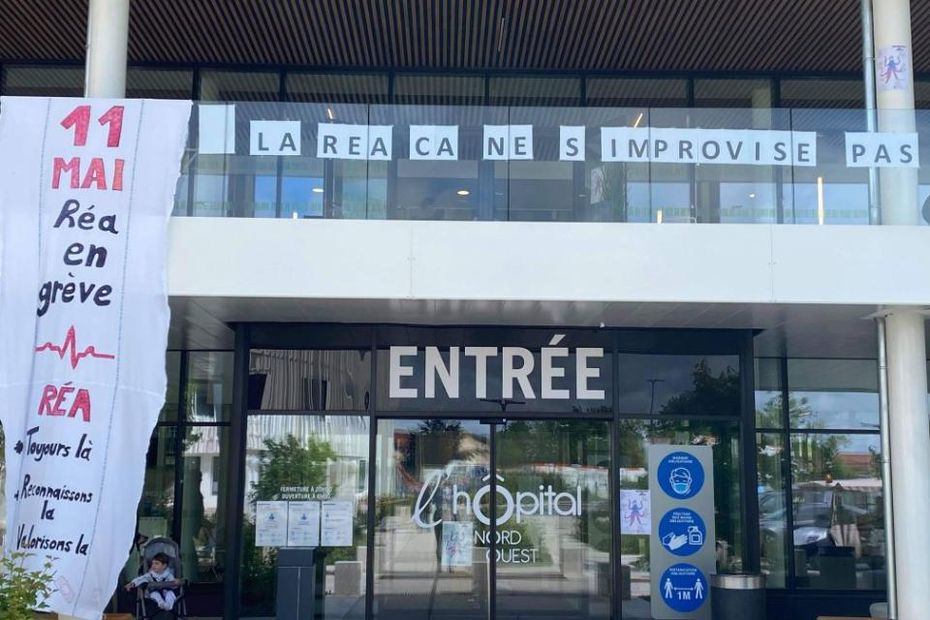Throughout France, the staff of the resuscitation services are on strike on May 11. Salary revaluation, increase in premiums, new indemnities, the claims are multiple in this hospital sector highlighted by the Covid-19 epidemic.
–
“Reality cannot be improvised” is what patients and their families can read above the entrance to the North West hospital in Villefranche-sur-Saône (Rhône). Here, contrary to the national instruction which makes this May 11 the only day of strike, it is an indefinite notice of strike which has been filed. “We think it’s more profitable” according to Laetitia Houssaye, general secretary at the CGT Santé, a union which calls with SUD and Force Ouvrière for specific training, better recognition and a salary increase.
A profession highlighted by the Covid-19 epidemic
For 25 years, Djamila Akkal has been accompanying patients in the intensive care unit of the Edouard Herriot hospital (Lyon 8th district), sometimes until death. “Working in this service is a very heavy responsibility” which weighs more since the start of the Covid-19 epidemic according to her. “We have patients in respiratory distress. They require very heavy treatments. We have to administer sedatives to them or even plunge them into an artificial coma. It is a service where the patient’s vital prognosis is often involved” observes the nursing assistant .
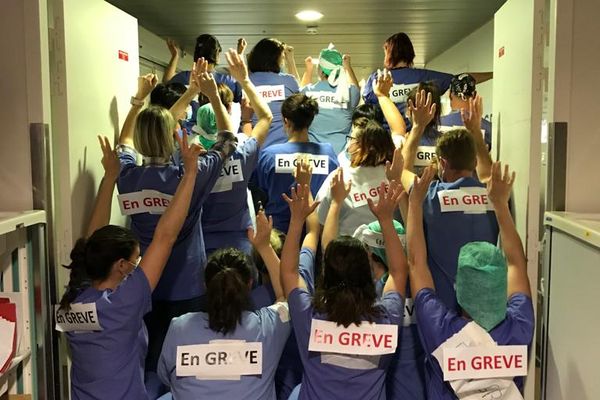
© DR
–
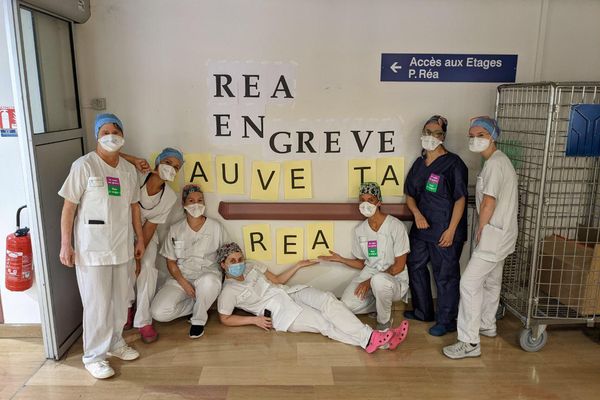

© DR
–
Insufficient training
“The training is limited for nurses who wish to specialize” notes Laetitia Houssaye from her office in Villefranche. In Lyon, Djamila Akkal confirms, she sees a decline in training opportunities in her sector. “25 years ago, a nurse was trained 2 to 3 months on monitoring equipment, on ventilators and on dialysis. But today the ventilators are much more sophisticated, the nurses have to set up the dialysis themselves. , but the trainings do not follow. “
Without internal training, it is difficult to attract colleagues from other departments when the intensive care units are full. “We trained colleagues on the job this summer, but not all of them stayed,” says Laetitia Houssaye from Villefranche hospital, where the 18 intensive care beds are occupied. This improvised training cannot last according to Djamila Akkal. “Our reinforcements are not trained enough and we do not have the time to do it. The new healthcare software is complicated and some colleagues did not feel they took on this responsibility.”
Laetitia Houssaye wants “a training plan of 2 or 3 months which could be implemented quickly on technical gestures”. The trade unionist Caladois wants to reassure patients. “They are not in danger. What we deplore are the deprogramming” and to avoid this, she asks to “create beds and staff. It is a job that colleagues do with conviction, making concessions , but we are reaching the limits of this system. “
For recognition of the specificity of their professions
Resuscitation staff want recognition of the specificity and skills associated with intensive care and continuing care practice.
Djamila Akkal tells us about her bonuses. “At night, it’s 12.5 € gross, on Sundays and public holidays, 71.5 € gross whereas I could earn 350 € net in a store.”
At the end of her career, Djamila Akkal earns 2,000 € net as a nursing assistant, “with the € 183 of the Ségur de la santé included!” she specifies. Out of 33 OECD countries, France is ranked 28th on the remuneration of nurses. It is one of the seven countries where this salary is lower than the country’s average salary.
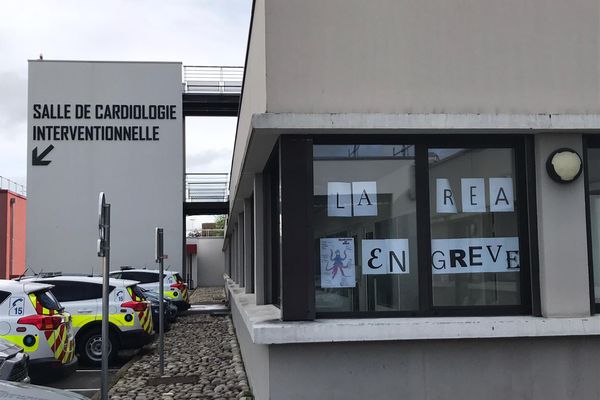

© DR
–
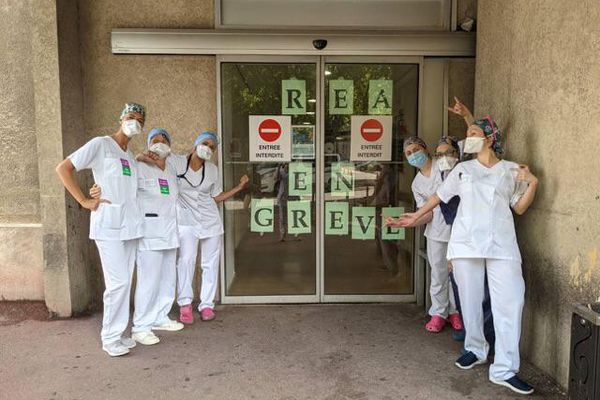

© DR
–
–
